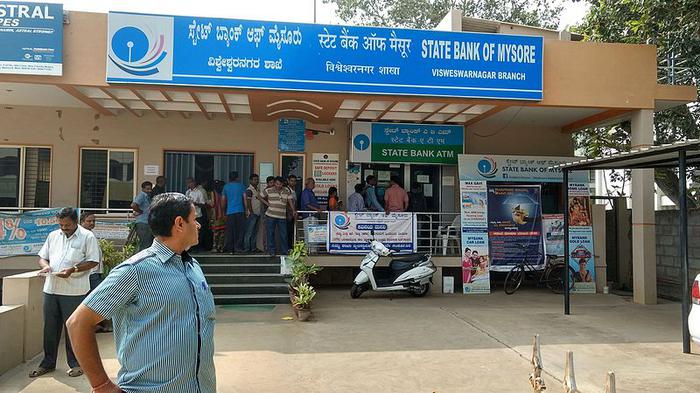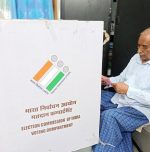A new turn in political funding transparency

In a significant move, the State Bank of India (SBI) handed over detailed records of electoral bonds to the Election Commission of India (ECI), adhering to a Supreme Court directive.
This development, following the apex court’s refusal to extend SBI’s deadline beyond March 12, underscores a critical juncture in India’s approach to political funding transparency.
Electoral bonds, introduced in 2017, emerged as an innovative financial mechanism allowing anonymous contributions to political parties.
These instruments are purchasable from SBI and aim to cleanse the political funding system. They offer anonymity while ensuring contributions are tax-exempt and unlimited in number.
To be eligible, political entities needed to secure at least 1% of votes in the previous election, underlining a measure of electoral legitimacy.
However, the Supreme Court’s intervention, led by Chief Justice DY Chandrachud, pivots on concerns over the bonds’ anonymity feature.
The judicial body’s directive to make bond-related information public by March 15 marks a pivotal moment in addressing the opacity shrouding donor identities and their potential influence on the political landscape.
This action is a fallout from a landmark judgment last month where the Supreme Court invalidated the electoral bonds scheme, citing a violation of the right to information.
The court’s scrutiny reflects growing unease about the potential for misuse, despite the scheme’s original intent to foster transparency in political donations.
By directing the ECI to release details on bond transactions, the judiciary is pushing for a more transparent political funding model, challenging the existing framework that permits anonymous contributions.
This significant judicial intervention seeks to realign the electoral bonds scheme with the foundational democratic principle of transparency. Also, it ensures that the electorate is informed about the financial backers of political parties.
The unfolding scenario represents a watershed moment in the evolution of political funding in India. It prompts a reevaluation of the balance between donor anonymity and the public’s right to information.
As the ECI prepares to disclose the bond details, the nation watches closely, anticipating the implications for political funding transparency and democratic accountability.
Image Credit: Agastya Chandrakant, CC BY-SA 4.0, via Wikimedia Commons
You may also like
Image Reference: https://commons.wikimedia.org/wiki/File:Rush_in_front_of_SBI_bank.jpg
Recent Posts
- Dhruv64: India unveils its first indigenous 64-bit microprocessorDhruv64 is a 1.0 GHz, 64-bit dual-core processor built on the RISC-V instruction set architecture.
- Skyward partnership: India and France elevate defence tiesNarendra Modi and Emmanuel Macron jointly inaugurated a new helicopter assembly line in India yesterday.
- Feeding hope: How this man is transforming lives in KarimnagarDayanand and a team of fellow retirees now serve breakfast, lunch, dinner, and tiffin to 300–500 people each day.
- Dhruv64: India unveils its first indigenous 64-bit microprocessor
What’s new at WeRIndia.com
News from 700+ sources
-
Hyderabad: First video from Vijay Deverakonda, Rashmikas wedding
-
Kolkata Port Plans Bascule Bridge Renovated by May, 2027
-
Police reunite children with parents
-
Its an incredible feeling to play a World Cup in India:Saiteja
-
Training on Aquifer Mapping 2.0 held
-
Man held for 1.50 crores overseas job fraud
-
WeRIndia – A News Aggregator
Visit werindia.com for all types of National | Business | World | Politics | Entertainment | Health related news and much more..










Leave a Reply